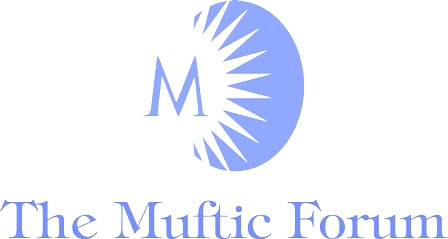Celebrating the 4th of July by speaking freely
One of the most profound outcomes of the 1776 Declaration of Independence was the eventual
protection of freedom of speech institutionalized in the first amendment to the
1789 Constitution. Speaking out against
the King was considered treason punished by prison or hanging.
In spite of that, our founding fathers took the risk, even signing their “John
Hancock’s” and later writers of the
Constitution made sure Congress shall make no laws …abridging freedom of speech”.
Sometimes what is
protected from whom is misunderstood. My
husband, a refugee from Communism, who often speaks his mind, complained that
he was not free to say everything he thought because someone might take
offense. I even heard a politician on TV be angry at his ability to do
likewise. “Whatever happened to freedom of speech?”, he groused.
Do not confuse being
politically correct with your first amendment rights granted by the
Constitution. The operative words are "Congress shall pass no laws" that will abridge your right to speak". It protects your
rights to be even politically incorrect.
That does not mean that your friends, relatives, co-workers, or
potential political supporters have to like what you say, or cannot argue against
you, or cannot vote against you and for the other guy if you are a candidate. It just means you will
not be thrown into a dungeon or hanged if you
speak out against the government or express your opinions.
That concept of
freedom to speak has been both limited and expanded since 1789 and the arbiter is the US Supreme Court. Campaign contributions are considered free
speech even if made by a corporation, and now the Supreme Court has agreed to rule on whether threats made on Facebook to
kill a spouse is protected by the constitution. Usually slander against an
individual or a celebrity by a newspaper
or some individual has not been Constitutionally protected (though even
situation may yet be expanded to limit slanderous speech by individuals ) , but the wrong can be addressed by a law suit in civil court. Even anti abortion demonstrators standing on sidewalks no longer are held back
by a buffer zone per a Supreme Court ruling this June.
The Supreme Court has
been asked time and time again where limits
should be set to deny the right in some
circumstances.. After all, some speech
may hurt others, and the Supreme Court has most famously drawn the line with a
1919 decision written by Oliver Wendell Holmes: “The most stringent
protection of free speech would not protect a man in falsely shouting fire in a
theatre and causing a panic … … in such circumstances and are of such a nature
as to create a clear and present danger”.
With Twitter and Facebook, new
internet tools are being used
to slander, threaten, and
cyberbully. This will keep the Supreme
Court for years to draw lines of whether
such kinds of speech cross some constitutionally
protected line.
A version of this appeared in the Sky Hi Daily News July 4, 2014 (www.skyhidailynews.com)
Links to more about it, go toA version of this appeared in the Sky Hi Daily News July 4, 2014 (www.skyhidailynews.com)
http://www.uscourts.gov/educational-resources/get-involved/constitution-activities/first-amendment/free-speech.aspx
http://news.yahoo.com/supreme-court-rules-obamacare-challenge-case-143206534.html ruled by the Court today did not address the first amendment rights, though they were raised. This case is also known as the "Holly Lobby" case regarding the rights of corporations to deny providing birth control under Obamacare provisions. The ruling was very specifically and narrowly applied to closely held corporations claiming freedom or religion. However, the downside was laid out in a blistering dissent by Justice Ruth Bader Ginsberg and deserves reading to understand the impact of the decision. The summary of her comments are at: http://m.motherjones.com/politics/2014/06/best-lines-hobby-lobby-decision
http://news.yahoo.com/supreme-court-rules-obamacare-challenge-case-143206534.html ruled by the Court today did not address the first amendment rights, though they were raised. This case is also known as the "Holly Lobby" case regarding the rights of corporations to deny providing birth control under Obamacare provisions. The ruling was very specifically and narrowly applied to closely held corporations claiming freedom or religion. However, the downside was laid out in a blistering dissent by Justice Ruth Bader Ginsberg and deserves reading to understand the impact of the decision. The summary of her comments are at: http://m.motherjones.com/politics/2014/06/best-lines-hobby-lobby-decision

No comments:
Post a Comment